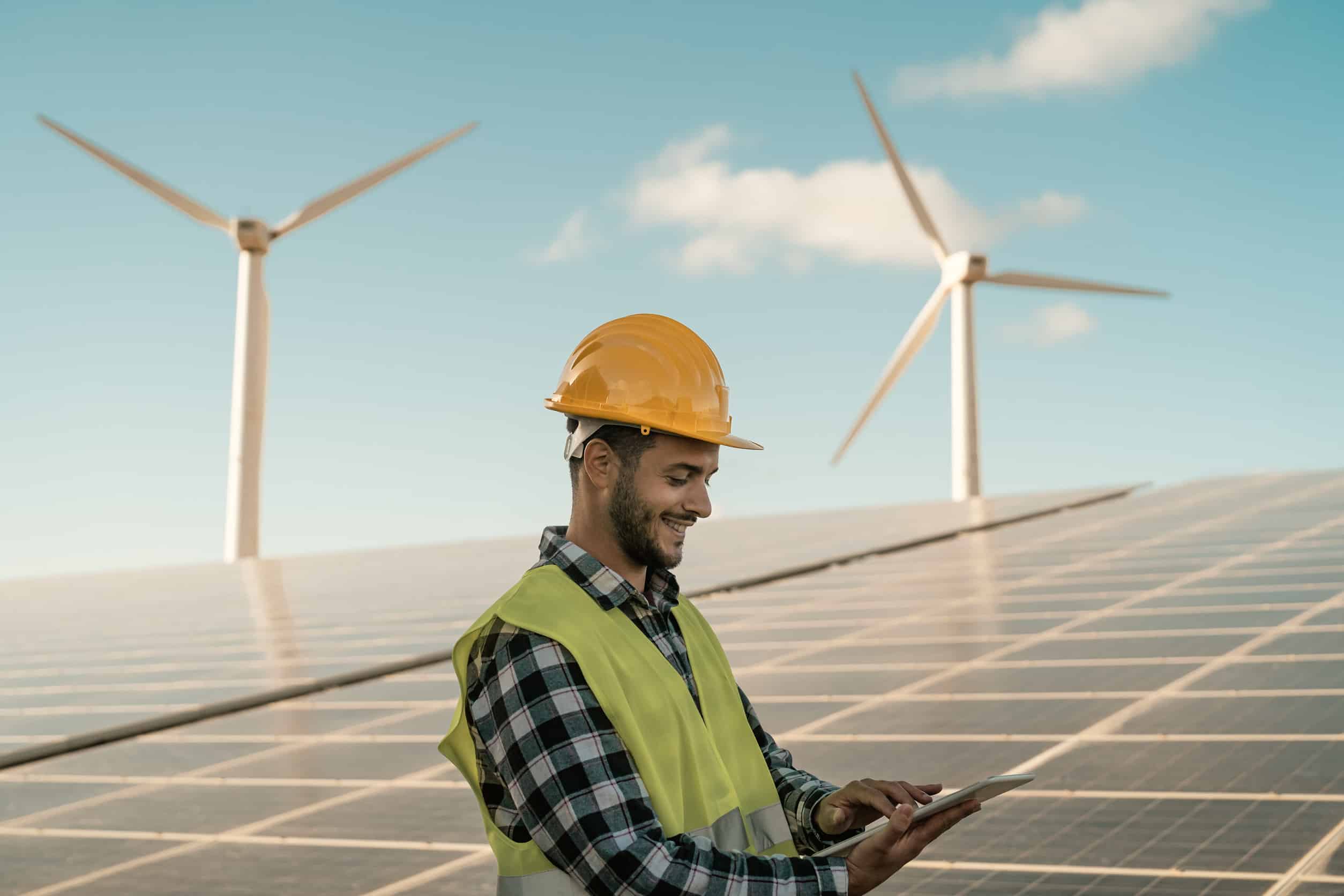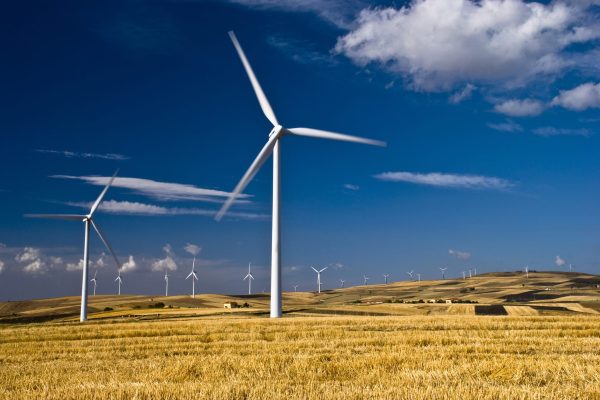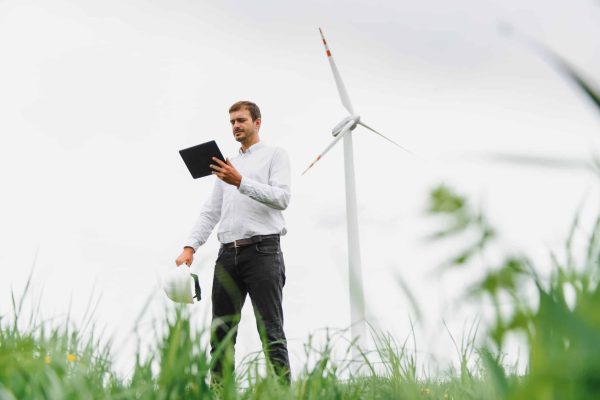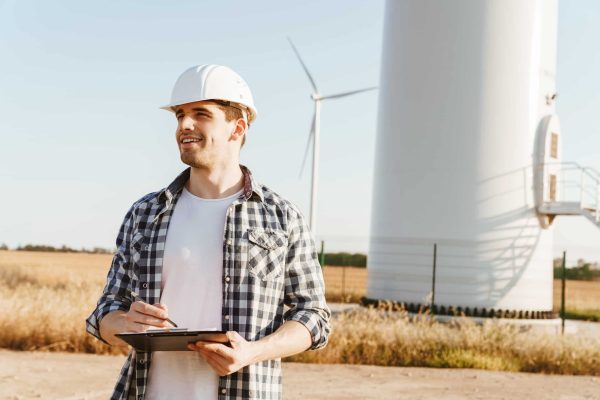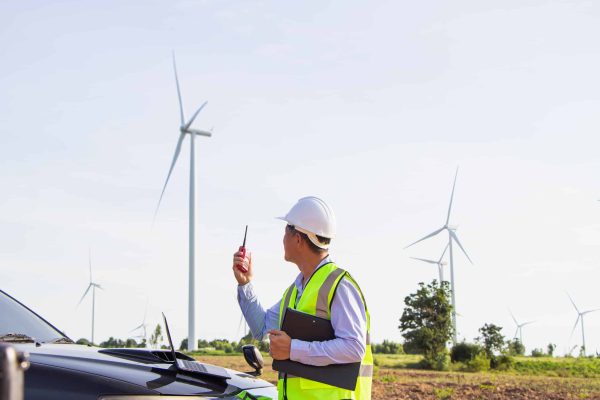The rise of renewable energy has triggered an enormous demand for skilled professionals, particularly in engineering roles in solar and wind. Across Australia, and especially in Victoria and remote regions, the growth of clean energy infrastructure is creating opportunities for engineers with technical excellence and project readiness. Yet, competition is rising, and understanding what the industry wants has become essential.
This guide explores which engineering skills are in demand, how roles are evolving, and what candidates should focus on when applying for solar and wind jobs.
Short Answer: What Engineering Roles in Solar and Wind Are Most Needed in Australia?
The most in-demand engineering roles in solar and wind across Australia are currently:
- Project Engineers – supporting construction timelines, budgets, and contractor coordination.
- Design Engineers – planning layouts, equipment specs, and modelling project feasibility.
- Electrical Engineers – ensuring grid compliance, substation design, and high-voltage safety.
- Civil Engineers – managing land use, access roads, drainage, and structural design.
- Mechanical Engineers – specifying wind turbine components or solar tracking systems.
- Commissioning Engineers – leading the final handover of solar or wind farms into full operation.
In Victoria, where large-scale wind and solar developments are expanding in regional areas, employers are especially interested in engineers who understand both remote project delivery and community engagement.
The Growth of Engineering Roles in Solar and Wind Projects
Clean energy projects are expanding rapidly in Australia, driven by state targets, investor interest, and public support for decarbonisation. Engineering roles in solar and wind are multiplying, not only during construction, but across the full asset lifecycle — from feasibility studies to operations and maintenance.
In remote projects across Australia’s regional zones, engineers play a vital role in overcoming terrain challenges, designing efficient layouts, and coordinating logistics across difficult-to-access areas. For example, engineers involved in solar farm developments in north-west Victoria often need to design for heat extremes, limited water access, and transmission distance limitations.
Wind projects in elevated or coastal regions introduce different challenges: engineers must plan for variable wind patterns, blade transport logistics, and environmental approvals. As such, engineering roles are becoming more multi-disciplinary and context-aware than ever before.
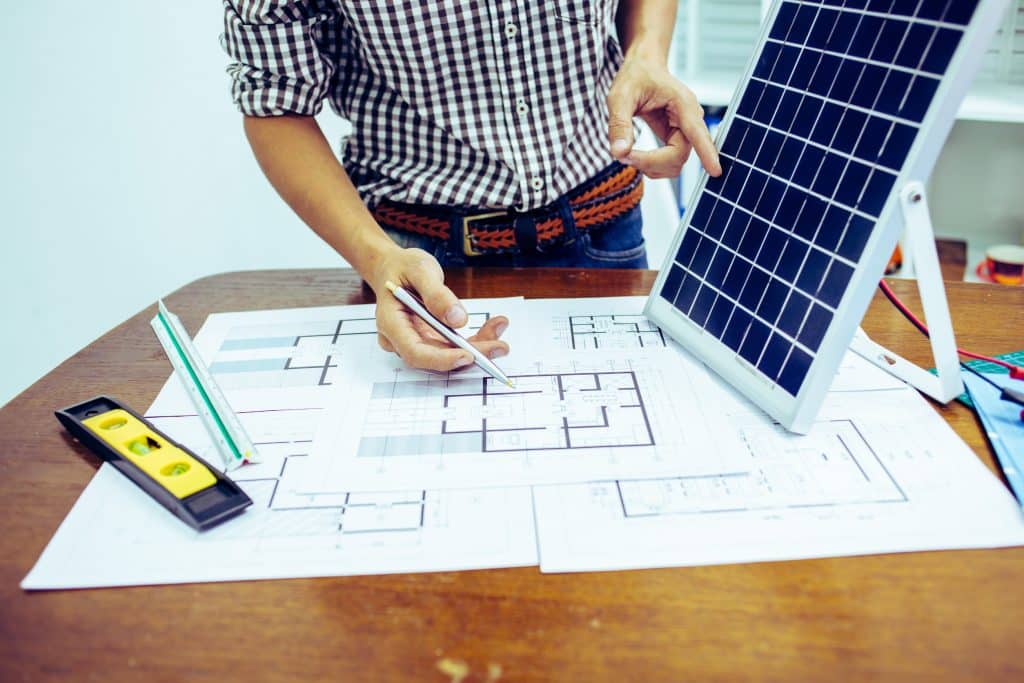
Technical Skills Most Valued in Engineering Candidates
When reviewing candidates for engineering roles in solar and wind, employers typically look for the following technical skills:
1. Grid Connection Experience
In both Victoria and across Australia, grid compliance is a critical bottleneck for clean energy projects. Engineers who understand:
- Generator Performance Standards (GPS)
- Dynamic modelling using DIgSILENT PowerFactory or PSCAD
- Substation design and R1 testing
- Network constraints and curtailment modelling
are considered highly valuable — particularly by developers looking to fast-track approvals.
2. Site Feasibility and Layout Optimisation
Design engineers who can maximise yield while reducing costs through clever layout planning are essential to project success. Skills in:
- PVsyst (for solar design)
- WindPro or WAsP (for wind modelling)
- GIS mapping and topographical analysis
- Earthworks volume calculations
are all regularly requested in job descriptions.
3. Project Management and Delivery
Project engineers with experience in construction timelines, contractor management, and budget forecasting are in demand. Familiarity with tools like MS Project or Primavera, as well as practical skills in procurement and stakeholder communication, are vital.
Experience working on remote projects — such as those in western Victoria or central Queensland — is often seen as a major asset.
4. Compliance and Environmental Standards
Engineers working in renewables are increasingly asked to consider environmental impact, Indigenous land rights, and community benefit sharing. Those with a working knowledge of:
- EES processes (in Victoria)
- Flora and fauna surveys
- EPBC Act compliance
- Local council permitting
bring added value beyond their core technical focus.
Soft Skills That Set Engineers Apart in the Renewable Sector
While technical proficiency is a must, employers also assess candidates based on soft skills that support long-term success, especially on remote or multi-stakeholder projects. These include:
- Communication: The ability to simplify technical issues for non-engineering teams.
- Adaptability: Working in varied weather, schedules, and site conditions.
- Collaboration: Coordinating with contractors, environmental consultants, and regulators.
- Problem-solving: Handling unexpected delays or terrain issues during builds.
For engineers in design and delivery, emotional intelligence is increasingly valued. It helps teams navigate cultural differences on site, community expectations, and shifting project requirements.
Credentials and Education That Give Candidates an Edge
Most engineering roles in solar and wind require a degree in electrical, mechanical, civil, or renewable energy engineering. However, employers also value:
- RPEQ or CPEng accreditation (particularly in Queensland and nationally)
- Clean Energy Council (CEC) accreditation (for those involved in solar design)
- Grid connection training (offered by NEM-focused training providers)
- Construction White Card (mandatory for on-site roles)
- Site inductions and safety training (e.g., GWO for wind)
Candidates who pursue CPD (Continuing Professional Development) in areas like battery storage, power electronics, or environmental approvals often stand out.
Engineering Roles in Regional Victoria and Remote Projects
Victoria is home to several major wind and solar farms, particularly in its western and northern regions. Engineers working on projects in places like Horsham, Mildura, or Portland often deal with logistical complexities, workforce shortages, and weather variation.
For remote projects, engineers should show they are comfortable with:
- FIFO schedules or extended on-site rotations
- Resource-limited environments (e.g., mobile comms, limited accommodation)
- Working with Indigenous stakeholders and Traditional Owners
- Local economic participation plans
Candidates who already reside in regional areas or who are open to relocation may receive preference — particularly for roles where site presence is critical.
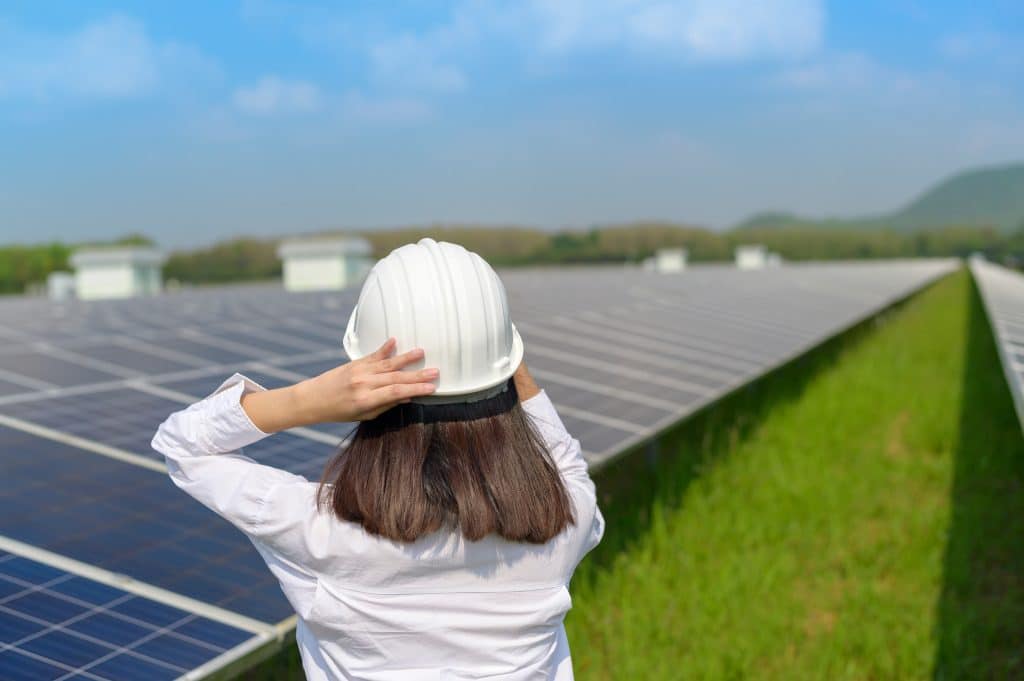
What Candidates Should Highlight in Their Application
To stand out in the hiring process for engineering roles in solar and wind, candidates should:
- Clearly identify their project types (e.g., 100 MW wind farm in Victoria)
- Specify their contribution (e.g., substation layout design, EPC coordination)
- Note any grid or regulatory frameworks they’ve worked within
- Mention remote work or team leadership experience
- Include technologies and software used (e.g., PVsyst, SCADA, MS Project)
- Highlight any community, environmental, or cross-functional exposure
A well-written CV that aligns with the job description’s scope and scale is more likely to pass initial screening stages. Tailoring each application — rather than sending generic summaries — makes a measurable difference.
Tips for Applying to Solar and Wind Engineering Jobs in Australia
1. Understand the Developer or EPC’s Focus
Before applying, review the company’s active projects. Are they developing wind or solar? Are their projects mostly utility-scale or distributed? This allows you to tailor your experience to match their scope.
2. Be Clear on Role Type: Office vs Site
Some roles are site-based; others are hybrid or office-based. For design and delivery roles, clarify if you’re willing to relocate or work FIFO. This transparency helps recruiters assess fit quickly.
3. Include Project Value and Timelines
Mentioning budget size (e.g., $300M EPC solar farm) or build time (e.g., delivered in 12 months) gives employers a sense of the scale you’re accustomed to. This helps differentiate between candidates from residential, commercial, or utility backgrounds.
4. Keep Safety and Compliance Front and Centre
For all engineering roles in remote projects, safety remains paramount. Demonstrate knowledge of risk assessments, HAZOP reviews, or quality assurance systems.
5. Use Keywords in Your Resume
Employers and recruiters often use applicant tracking systems (ATS) to filter resumes. Use keywords from the job ad, including “SCADA,” “NEM compliance,” “substation design,” or “solar layout modelling.”
Engineering Roles in Solar and Wind Will Define Australia’s Clean Energy Future
With the renewables sector booming, engineering roles in solar and wind are not just in demand—they’re essential to Australia’s energy transition. From project delivery in remote regions to grid-ready design in Victoria, engineers have the chance to shape the future.
To succeed, candidates must combine technical knowledge with site-readiness, community awareness, and a proactive approach to learning. By tailoring applications, staying up to date with tools and policy, and focusing on both hard and soft skills, engineers can seize rewarding roles in one of the country’s most critical industries.
